5 Effective Strategies to Improve Website Indexing
Your website's indexing plays a crucial role in its visibility on search engine result pages (SERPs). When search engines like Google index your website, it means that they have added your site to their database, making it eligible to appear in relevant search queries. In this article, we will discuss five effective strategies to improve your website indexing and increase its online visibility.
- Create a Sitemap: A sitemap is a file that lists all the pages on your website. By creating and submitting a sitemap to search engines, you are signaling them about the existence and structure of your website. This helps search engine bots crawl and index your web pages more efficiently. Include all your important web pages in the sitemap to ensure they are indexed correctly.
- Optimize Page Titles and Meta Descriptions: Your page titles and meta descriptions are essential for both users and search engines. Ensure that each page has a unique, concise, and descriptive title that accurately reflects its content. Similarly, write persuasive meta descriptions that encourage users to click through to your website. Including relevant keywords in both the title and meta description can also boost your website's visibility in search results.
- Produce High-Quality and Relevant Content: Content is king in the digital landscape, and producing high-quality and relevant content is crucial for improving website indexing. Regularly update your website with fresh and unique content that is valuable to your target audience. Incorporate keywords naturally into your content to help search engines understand the relevance of your pages. Avoid keyword stuffing, as it can have a negative impact on your website's ranking.
- Optimize Website Speed: Website speed is an important factor influencing both user experience and search engine rankings. Slow-loading websites can frustrate users and lead to higher bounce rates. Search engines also consider website speed when determining rankings. Optimize your website by compressing images, minifying CSS and JavaScript files, and leveraging browser caching. This will not only improve your website's indexability but also enhance user satisfaction.
- Build High-Quality Backlinks: Backlinks play a significant role in search engine optimization (SEO) and website indexing. Search engines view backlinks as votes of confidence from other websites. Acquire high-quality backlinks from reputable and relevant sources to improve your website's authority and indexability. Guest blogging, creating shareable content, and reaching out to influencers in your industry are effective strategies for building backlinks.
By implementing these five strategies, you can significantly improve your website indexing and increase its visibility on search engine result pages. Remember to monitor your website's performance through analytics tools and make necessary adjustments to your SEO strategies over time. With consistent effort and optimization, you'll see positive results in terms of improved website indexing and organic traffic.
Main Title: Boost Your Website's Indexing with These 5 Key Strategies
When it comes to increasing your website's visibility and driving organic traffic, proper indexing is crucial. Search engine indexing determines whether your web pages appear in search engine results pages (SERPs). If your web pages are not indexed, they won't show up in search results, making it nearly impossible for potential visitors to find your website.
To ensure that your website gets indexed by search engines effectively, you need to implement certain strategies. Here are 5 key strategies to boost your website's indexing:
- Create High-Quality Content: Content is the backbone of your website and plays a significant role in its indexing. It is essential to create well-written, informative, and engaging content. Search engines prioritize high-quality content, so make sure your content is unique and offers value to your target audience. Including relevant keywords and using proper HTML tags such as headers and meta tags will also help search engines understand the context and relevance of your content.
- Optimize Metadata: Metadata, including title tags, meta descriptions, and alt text, provides search engines with information about your web pages. Optimizing metadata is crucial in improving your website's visibility and indexing. Include your target keywords in the title tag and meta description, as this tells search engines what your page is about. Additionally, using alt text for images helps search engines understand the content of your visuals.
- Build Quality Backlinks: Backlinks are links from other websites that point to your site. Search engines see backlinks as a vote of confidence in your website's authority and relevance. To boost your website's indexing, focus on acquiring high-quality backlinks from reputable websites. This can be done through guest blogging, creating valuable content that others naturally link to, and reaching out to relevant websites in your industry for collaboration opportunities.
- Regularly Update Your Content: Search engines favor websites that provide fresh and updated content. By regularly updating your website with new content, you signal to search engines that your site is active and relevant. This can positively impact your website's indexing by increasing crawl frequency and improving search engine rankings. Consider adding a blog section to your website and consistently publish articles, news, and other engaging content for your audience.
- Improve Website Loading Speed: Website loading speed is critical not only for user experience but also for indexing. A slow-loading website can negatively impact search engine crawl rate and consequently, your website's indexing. Optimize your website's performance by compressing images, enabling browser caching, minifying CSS and JavaScript files, and using a content delivery network (CDN) to speed up content delivery.
In conclusion, effectively indexing your website is essential for improving its visibility in search engine results. By implementing these 5 key strategies - creating high-quality content, optimizing metadata, building quality backlinks, regularly updating your content, and improving website loading speed - you can significantly boost your website's indexing and increase organic traffic.
Improve Website Indexing: Expert Tips and Strategies
Having a well-indexed website is crucial for attracting organic traffic and boosting your online visibility. When search engines have a complete understanding of your website's structure and content, they can provide accurate search results to users. To help you optimize your website indexing and improve your search rankings, here are some expert tips and strategies.
1. Create a Sitemap
One of the most effective ways to ensure your website is fully indexed is by creating a sitemap. A sitemap is essentially a file that lists all the pages on your website, helping search engines navigate and understand its structure. By submitting your sitemap to search engines, you increase the chances of all your pages being indexed.
2. Optimize Page Titles and Meta Descriptions
The page title and meta description are HTML elements that appear in search engine results. Make sure to include your target keywords in these elements to improve your website's relevance and visibility. Craft compelling and concise meta descriptions that accurately represent the content on each page.
3. Create High-Quality Content
Search engines prioritize high-quality, useful, and engaging content. By regularly creating fresh and original content, you can attract more visitors and increase the chances of your pages being indexed. Incorporate relevant keywords naturally into your content, but avoid keyword stuffing, as it can harm your rankings.
4. Optimize Website Speed and Performance
Website speed and performance are crucial for both user experience and search engine rankings. Optimize your website by compressing images, minifying CSS and JavaScript files, and leveraging browser caching. A fast-loading website enhances user satisfaction and increases the likelihood of search engines fully indexing your web pages.
5. Use Proper Heading Tags
Using proper heading tags (H1, H2, H3, etc.) helps search engines understand the structure of your content. Include your target keywords in the headings to emphasize their importance. This not only improves indexing but also helps users navigate through your content more efficiently.
- 6. Build High-Quality Backlinks
- 7. Make Use of Internal Links
6. Build High-Quality Backlinks
Backlinks from reputable and relevant websites act as a vote of confidence for your content. Search engines consider these backlinks as a signal of your website's authority and relevance. Focus on creating valuable content that naturally attracts backlinks from other websites in your industry.
7. Make Use of Internal Links
Internal linking is the practice of linking one page of your website to another page on your website. When done strategically, internal links help search engines understand the importance and relationship between different pages on your site. It also helps users navigate your website and discover relevant content.
Implement these expert tips and strategies to improve your website indexing and enhance your search engine rankings. By taking a proactive approach to optimize your website, you can increase your online visibility and drive more organic traffic.
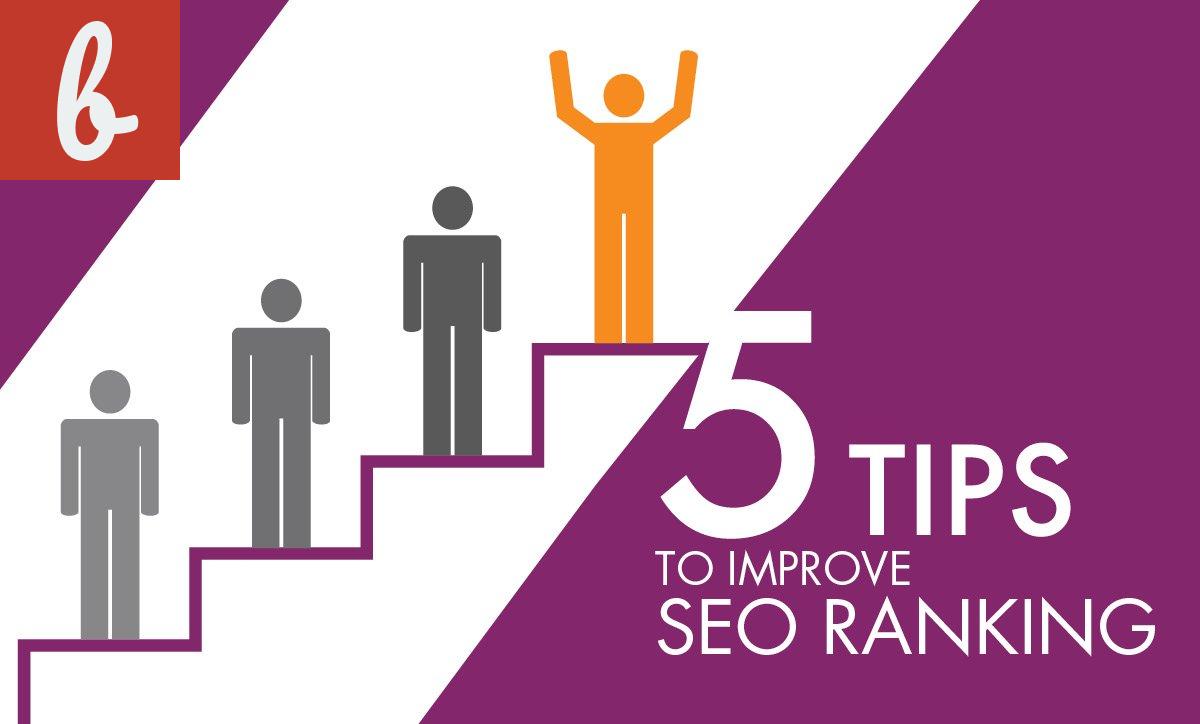
Mastering Website Indexing: 5 Proven Strategies
Website indexing is a crucial aspect of search engine optimization (SEO) as it determines whether your web pages are included in search engine results. It is the process by which search engines like Google and Bing analyze and catalog the content of your website. Without proper indexing, your website may not rank in search engine results, leading to loss of potential organic traffic.
Here are 5 proven strategies to master website indexing:
- Create a Sitemap: A sitemap is a file that provides search engines with a roadmap of your website. It lists the URLs of all your pages, helping search engines discover and index them more efficiently. Including a sitemap on your website improves the chances of all your pages being indexed, maximizing your online visibility.
- Optimize Website Speed: Search engines prioritize websites that offer a seamless user experience. Slow-loading pages can negatively impact your website indexing. To improve website speed, optimize images, reduce server response time, and use browser caching. A fast-loading website not only enhances user experience but also increases the likelihood of your website being indexed.
Implementing a solid internal linking strategy is another effective way to improve website indexing. Internal links are hyperlinks that direct users from one page to another within your website. They help search engine crawlers navigate through your site and discover new pages to index. By strategically placing internal links, you can ensure that all your pages receive proper crawling and indexing.
Create High-Quality Content: Content is king in the world of SEO. Developing unique, informative, and well-optimized content is essential for website indexing. Incorporate relevant keywords naturally within your content to increase its visibility to search engines. By providing valuable content to users, you enhance the chances of your web pages being indexed and ranked higher in search results.
Monitor Website Errors and Redirects: Regularly monitoring your website for errors and broken links is crucial for successful indexing. Utilize tools like Google Search Console to identify and fix any website errors. Implement 301 redirects for any broken or outdated links to ensure that search engine crawlers can still find and index your web pages.
Submit your Website to Search Engines: While search engines can discover and index your website naturally, submitting your sitemap directly to them can expedite the indexing process. Use search engine webmaster tools to submit your sitemap and check the status of your indexing. This allows you to stay updated on your website's visibility and make any necessary optimizations.
Mastering website indexing is essential for achieving online success. By implementing these 5 proven strategies - creating a sitemap, optimizing website speed, utilizing internal linking, creating high-quality content, monitoring errors and redirects, and submitting your website to search engines - you can ensure that your web pages are properly indexed, leading to increased organic traffic and improved search engine rankings.
Unlock Better Website Indexing with These 5 Essential Strategies
Having your website properly indexed by search engines is crucial for its visibility and to drive organic traffic. When a search engine indexes your site, it means that it understands your content and can display it in search results when relevant queries are made. To ensure that your website gets efficiently indexed and ranks well in search engine results, here are five essential strategies you need to implement:
- 1. Optimize Your Website's On-Page SEO: On-page SEO involves optimizing individual web pages to rank higher and earn more relevant traffic. Utilize relevant keywords in your website's title tags, meta descriptions, headings, and throughout your content. Ensure a good user experience by optimizing page loading speed, using descriptive URLs, and implementing a mobile-friendly design.
- 2. Create High-Quality and Engaging Content: Producing high-quality and valuable content is not only essential for user engagement but also for search engine indexing. Use relevant keywords naturally within your content, be it blog posts, articles, or product descriptions. Aim to keep your audience engaged by including images, videos, and infographics where relevant.
- 3. Gain High-Quality Backlinks: Backlinks are links from external websites that point to your web pages. Search engines consider these links as votes of confidence, indicating that your content is authoritative and relevant. Aim to acquire high-quality backlinks from reputable websites by creating valuable content that others will want to link to.
- 4. Improve Website Loading Speed: Slow-loading websites can hinder search engine indexing and user experience. Optimize your website's loading speed by compressing image sizes, minifying CSS and JavaScript files, and leveraging browser caching. A faster-loading website not only improves indexing but also helps retain visitors and improve conversion rates.
- 5. Utilize XML Sitemaps: XML sitemaps assist search engines in discovering and indexing all the pages on your website. By creating and submitting a sitemap to search engines, you ensure that your website's content is crawled and indexed effectively. Regularly update and submit your XML sitemap to ensure any new or updated pages are indexed promptly.
By implementing these five essential strategies, you can greatly improve your website's indexing and visibility in search engine results. Remember to regularly monitor your website's performance and make necessary adjustments to further enhance your optimization efforts. Unlock the full potential of your website by effectively implementing these strategies and driving organic traffic to your online presence.
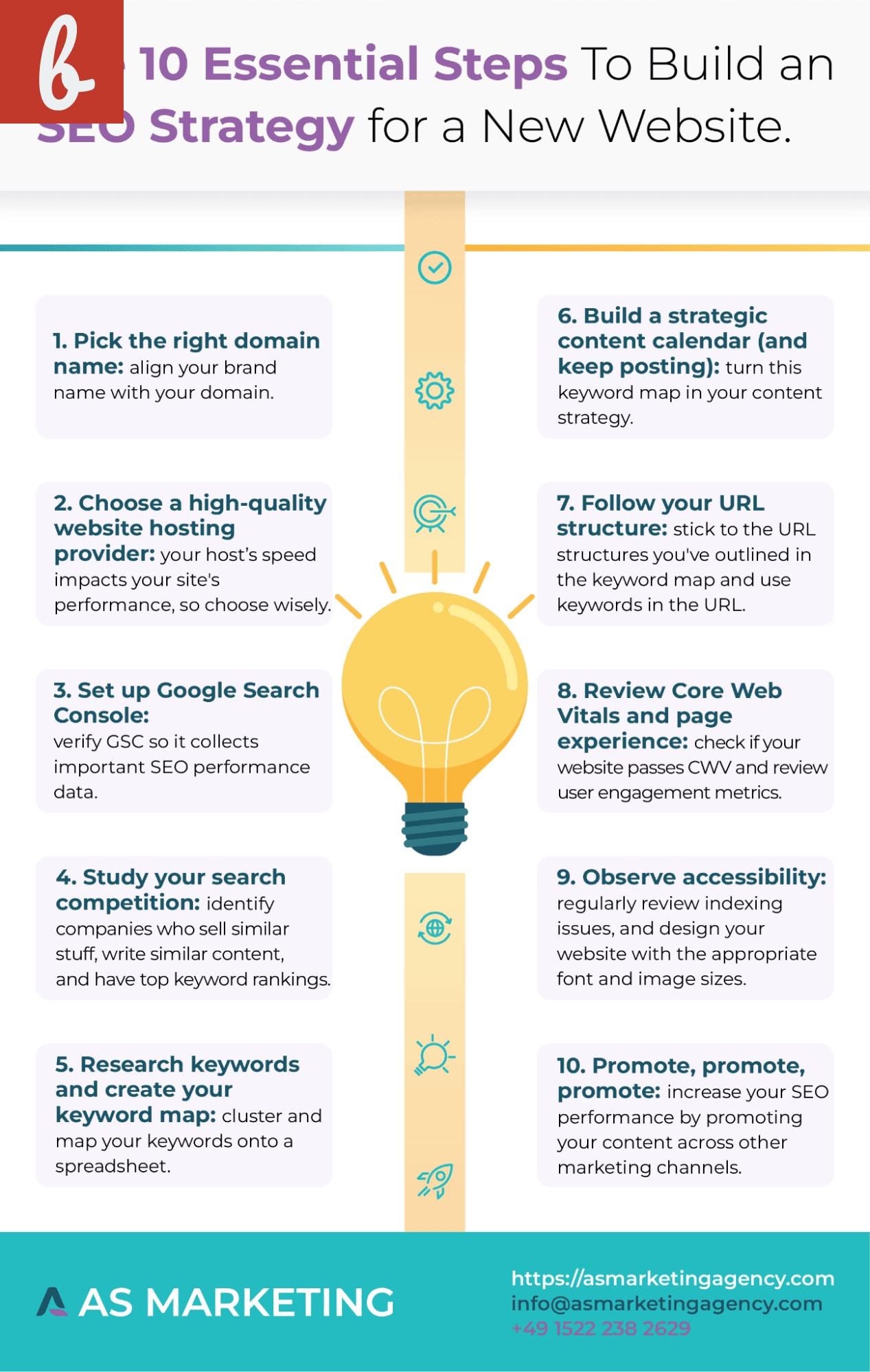
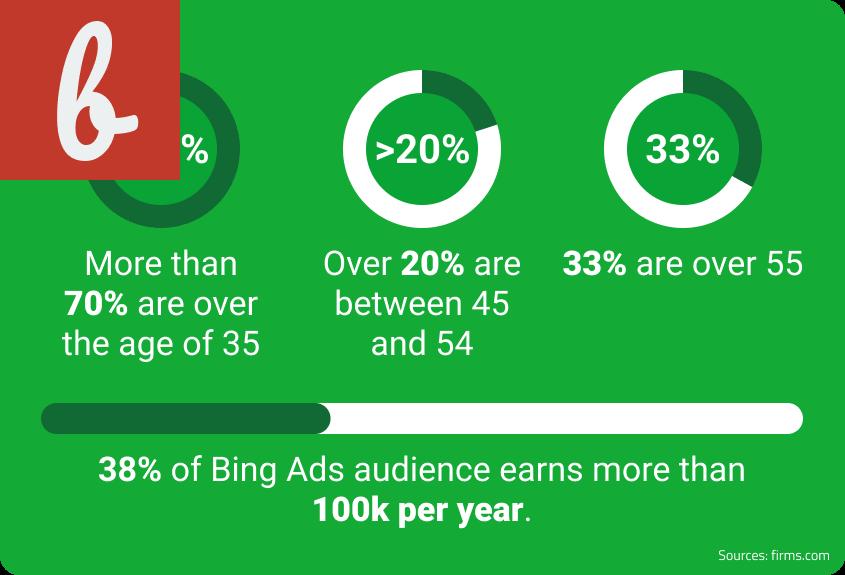
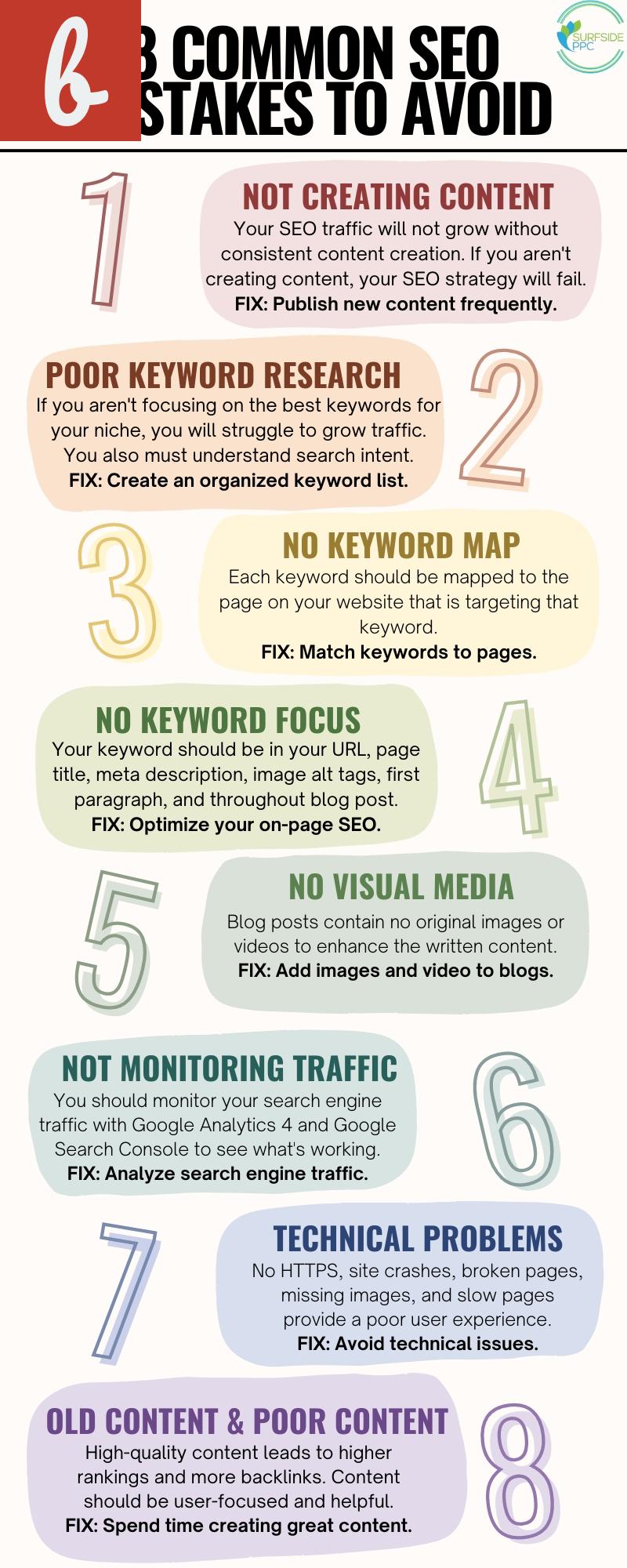
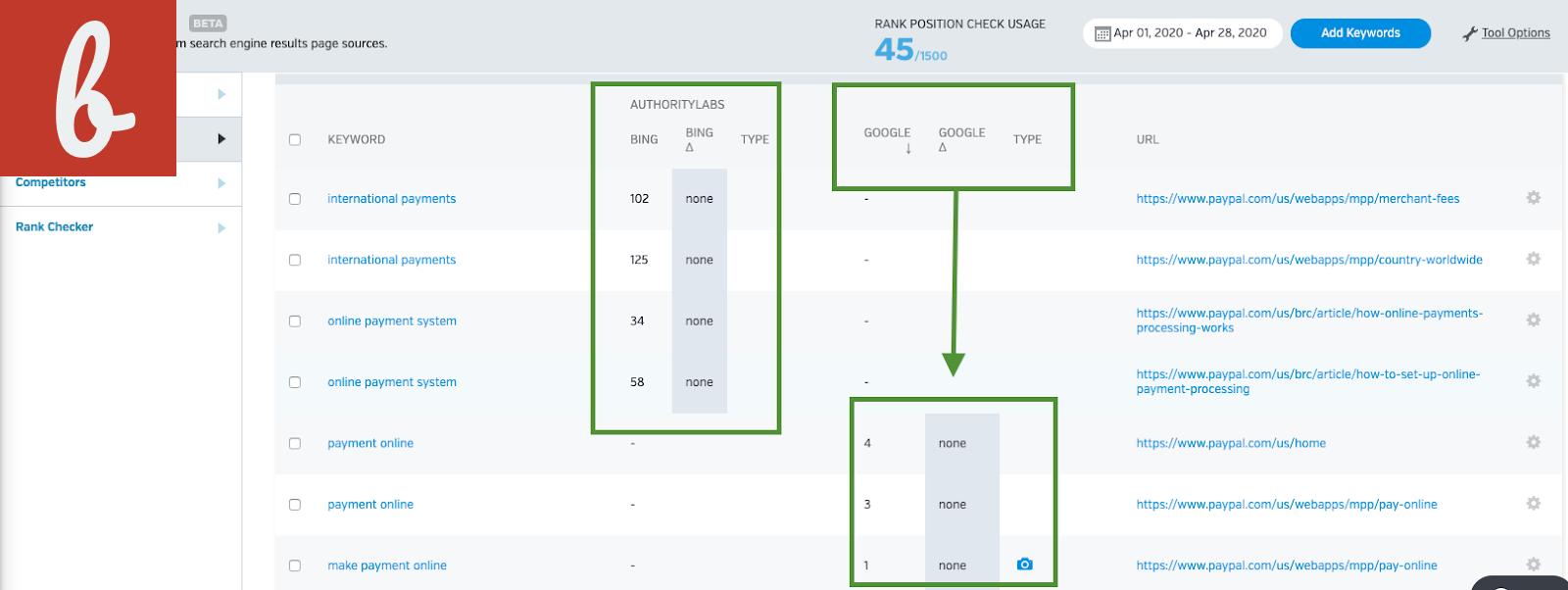
Comments on "How To Improve Website Indexing: 5 Key Strategies "
No comment found!